Care about the oceans? Worried about microplastic pollution when you wash your polyester, nylon or acrylic clothes? ? These microfiber filters can help!
By Diane Small
It’s an unfortunate fact that some of our eco-efforts actually backfired. For example? Buying clothing made from recycled plastic bottles or fishing nets may seem like a great idea, but it actually contributes strongly to microfiber plastic pollution every time you wash it.
But that’s not all. Every time you wash anything – anything! – made of acrylic, nylon, polyester, Lycra or any other petroleum based fiber, you’re also polluting the oceans with microfibers. The worst part is that most of our athleisure is made of the stuff. Think: tights, hoodies, yoga gear and other items of clothing we wash far more than others.
Microfibers – tiny, but a huge problem
Plastic fibers account for 91% of marine particles and 92% of freshwater particles. Tiny fibers from our clothes have been found in our drinking water, beer and even table salt.
Synthetic clothing fibers have even been found in human feces! That means plastic pollution is making its way into our bodies through our food and drink – and these fibers may harm our immune response.
Of course, marine life is harmed when they eat these fibers, too with animals from plankton to crabs and fish confusing them with food, and suffering reduced food consumption and energy levels as a result.
So, what can we do about this very serious problem?
Well, buy natural fiber clothing, first of all. Hemp, linen, organic cotton, silk, wool, alpaca and Tencel are some of the best bets. None of these need many chemicals to produce or dye them (if any at all), and won’t harm your health, or the health of marine animals.
But if you already have a wardrobe packed with synthetic fibers, it’s imperative you have microfiber filters on your washing machine that will stop microplastic pollution from reaching our waterways.
Most washing machines – even new ones – are not equipped with those. But here are some of the best microfiber filters to buy to help you stop microplastic pollution.
5 Filters To Stop Microplastic Pollution

1. Filtrol
The Filtrol 160 is a patented, reusable filter that easily attaches to your washing machine discharge hose to remove synthetic clothing fibers like polyester, nylon, rayon, and acrylic. It also removes all traces of sand, hair and pet fur from your clothing, making your laundry come out cleaner. But most importantly, The Filtrol 160 also helps prevent microfibers from polluting waterways and harming marine life.
When the filter gets full, you can easily wash it out and place the nasty fibres in the bin, or buy a replacement filter for a reasonable price.
Price: $139.99
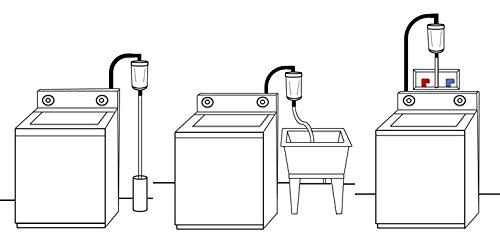
2. Eleanos Reusable Washing Machine Filter
This little device is one of the cheapest microfiber filters! It protects the oceans by catching the microfibers that shed off our clothes in the washing machine. Just throw a few into your washing machine, and do your laundry as usual.
It is easy to use and easy to clean. When the traps get a bit dirty, just remove the fibers and safely put them in the trash. That means they will not reattach to clothing, enter the water system, or fly off into the air.
Price: $5.59
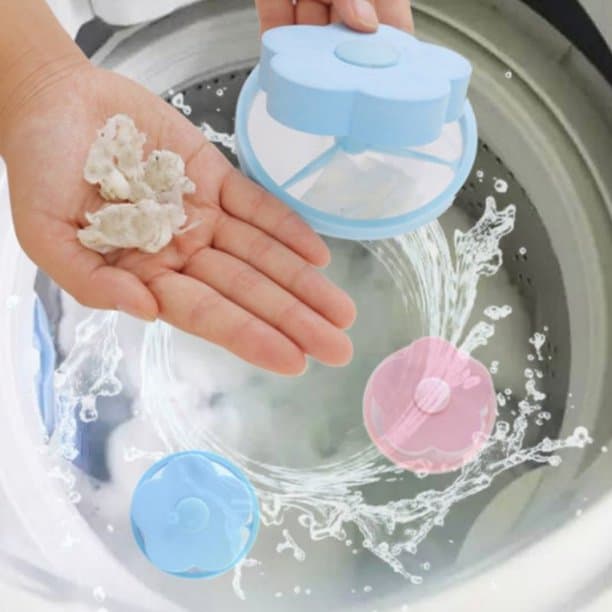
3. Guppyfriend
Take this sweet little bag with you wherever you go! It’s easy to use – just place your synthetic clothing in the bag, seal it, and throw it into your washing machine. When you start to notice the bag is getting a bit dirty, just peel off the fibers and bin them safely in your trash. The bags are not huge, but will fit synthetic undies, workout gear and swimwear.
Price: $34.95
4. Coraball
This is one of the best microfiber filters for the washing machine, and it’s easy to use! Coraball was inspired by, well coral. Mainly because this beautiful invention of nature catches tiny things from flowing water. Using those same principles in their design, the folks behind the Coraball have created something you just drop or throw into your washing machine to catch microplastic particles.
An independent study from the University of Toronto investigating the effectiveness of the Coraball showed that just one ball catches 26% of the microfibers from flowing down the drain. That’s not a whole lot, so the more balls you put in with the wash, the better! Three are recommended.
Price: From $38.99
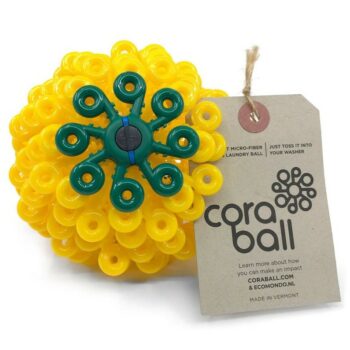
5. The Lint LUV-R
Of all the microfiber filters, this one is a bit more complex than the others, and it requires installation. It also costs a bit more ($140) but it’s well worth it: the Lint LUV-R is super efficient, and is guaranteed to protect your plumbing, septic system and our marine environments by efficiently removing lint and microplastics from washing machine discharge.
This is also an excellent filter for anyone whose house uses greywater to wash the dishes and water the garden: without this filter, you could well end up eating microparticles of your clothing stuck to plates and glasses, and microplastics could end up in your garden, contaminating plants and the animals that eat them.
Price: $140
- 5 Ethical European Vacation Ideas For 2025 - July 17, 2025
- 10 Easy Tips For A Plastic Free Beauty Routine - July 9, 2025
- Save the Bunny! China’s Cosmetic Cruelty - July 3, 2025

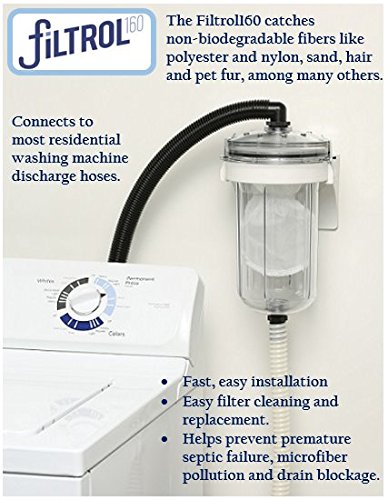
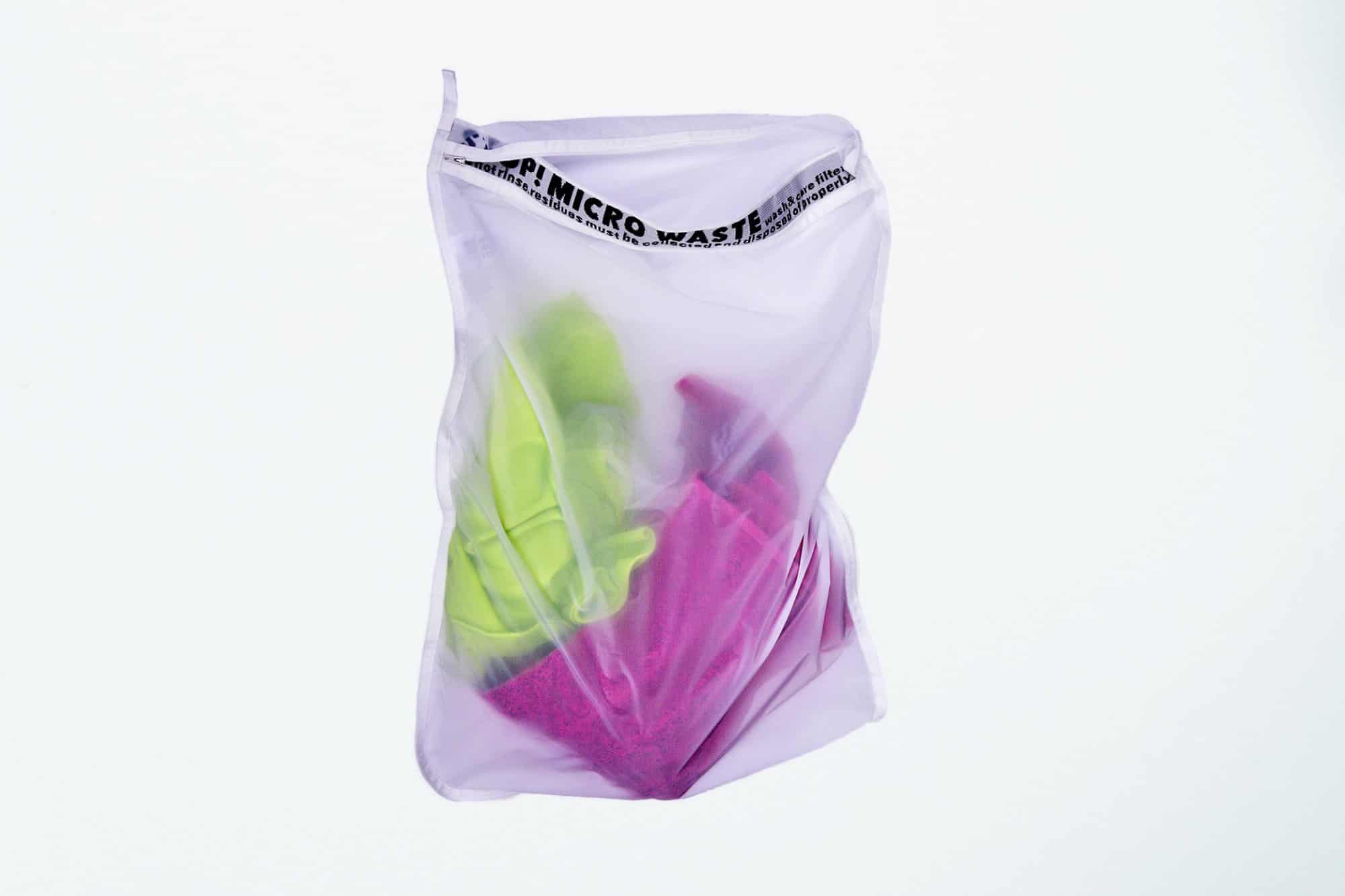
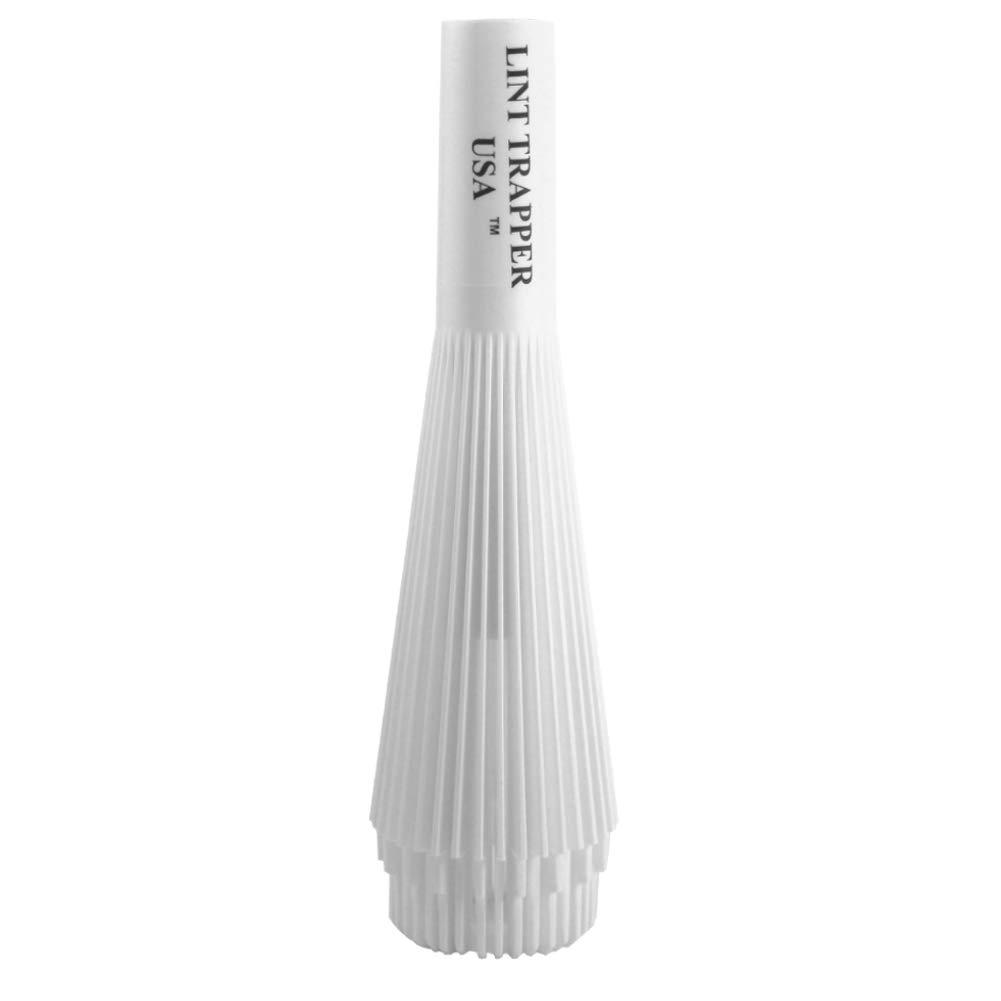
I think these are a good idea, but the best ones are expensive for many people, and may put them off. How about a DIY lint filter using a mesh bag in a bucket with drain hole/hose in the bottom, or other?
Might work!
And then there is the only microfibre filter where also care of microfibres caught is taken. PlanetCare uses a complete closed loop solution – so the microfibers don’t end up in landfill instead of the ocean. 💚💙
https://planetcare.org/